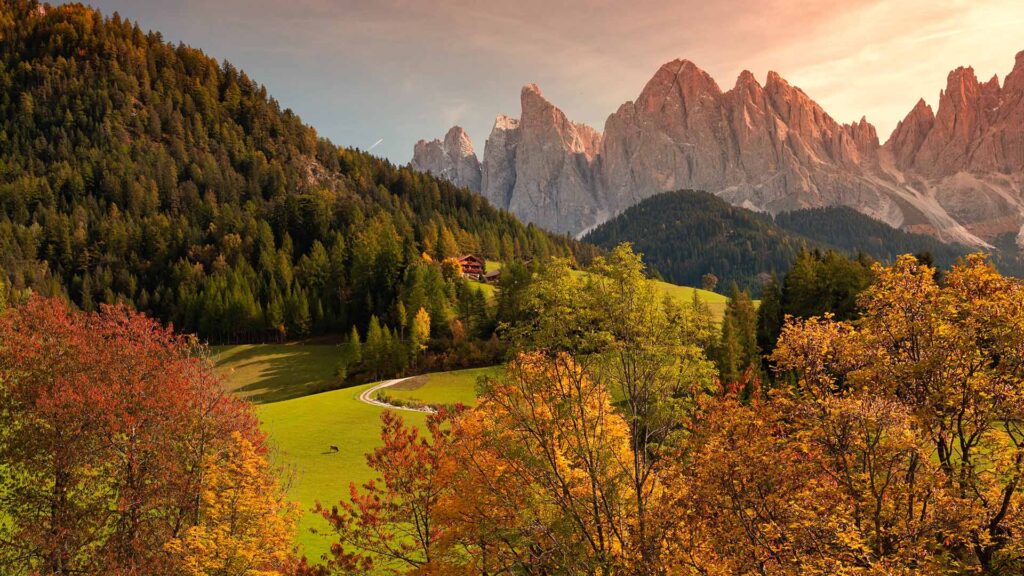
Sabbath and the Miracle Manna
After escaping from Egypt, but before being given the Ten Commandments at Mount Sinai, the Israelites found themselves wandering through the wilderness of Sin. When they complained about not having food to eat, God said, “Behold, I will rain bread from heaven for you; and the people shall go out and gather a certain rate every day, that I may prove them, whether they will walk in my law, or no” (Exodus 16:4). The “law” that God was referring to had to do with the seventh-day Sabbath rest, for God said in the next verse, “And it shall come to pass, that on the sixth day they shall prepare that which they bring in; and it shall be twice as much as they gather daily” (Exodus 16:5). The Israelites were to gather twice as much manna on the sixth day because no manna fell on the seventh day. Moses explained, “Six days ye shall gather it; but on the seventh day, which is the sabbath, in it there shall be none” (Exodus 16:26). This miracle of the falling manna from heaven continued six days a week for forty years, and provided nourishment for the Israelites until they entered into Canaan. This passage contains the first occurrence of the word Sabbath in the Bible.





